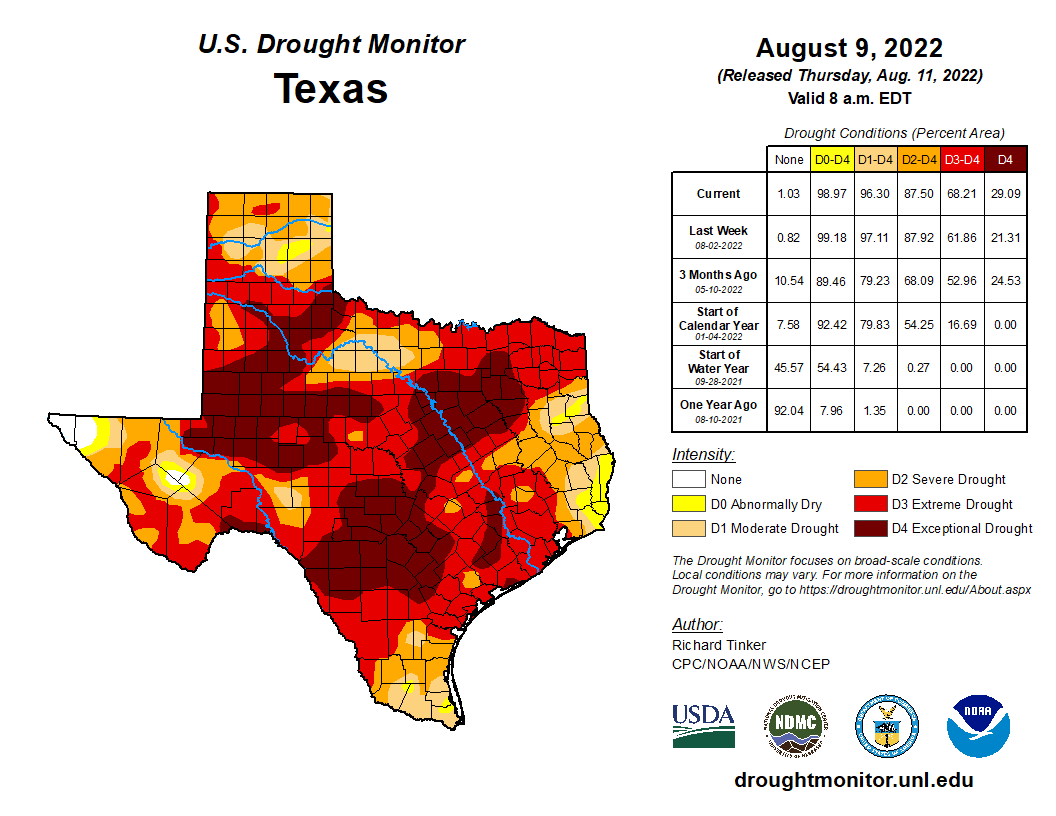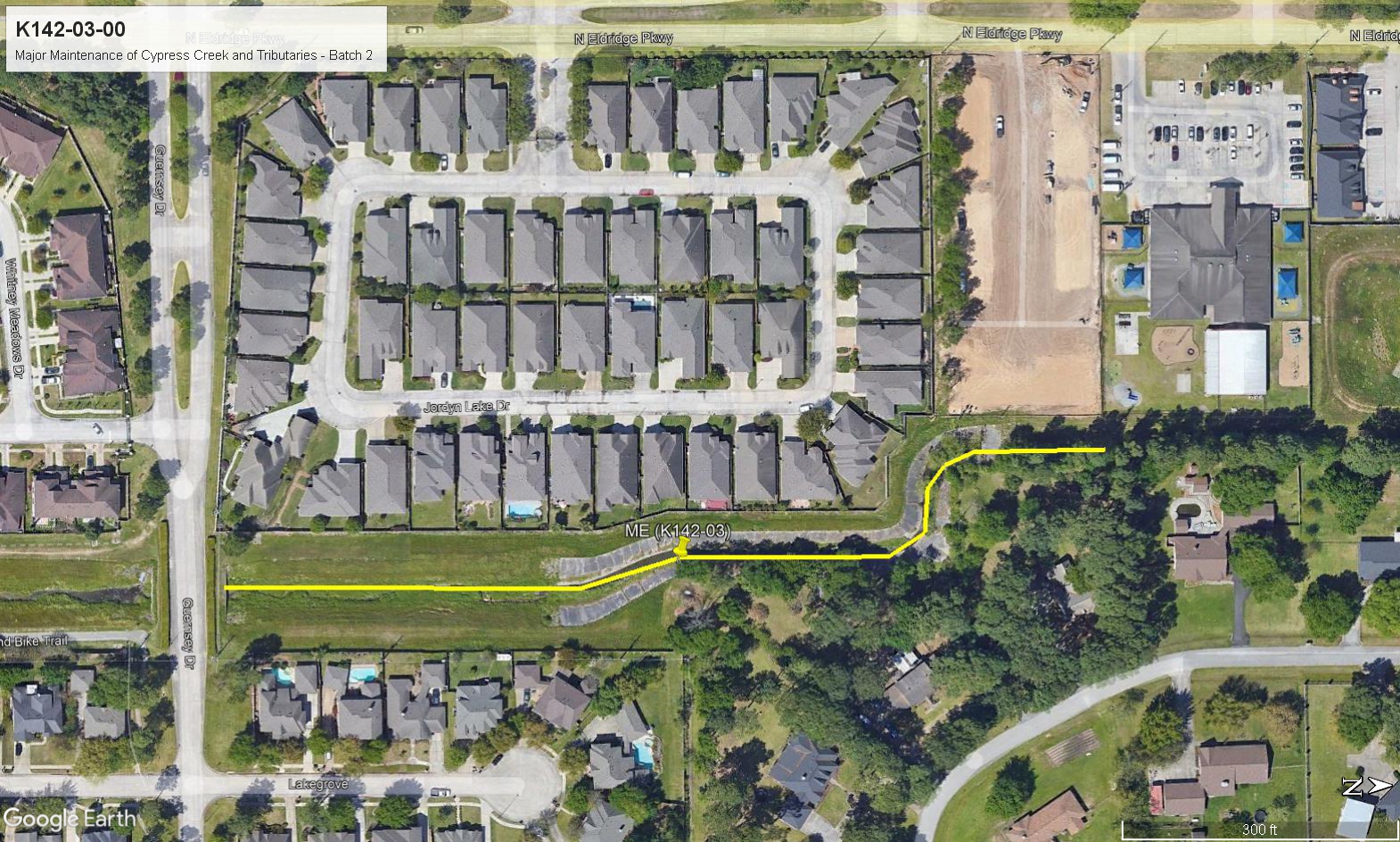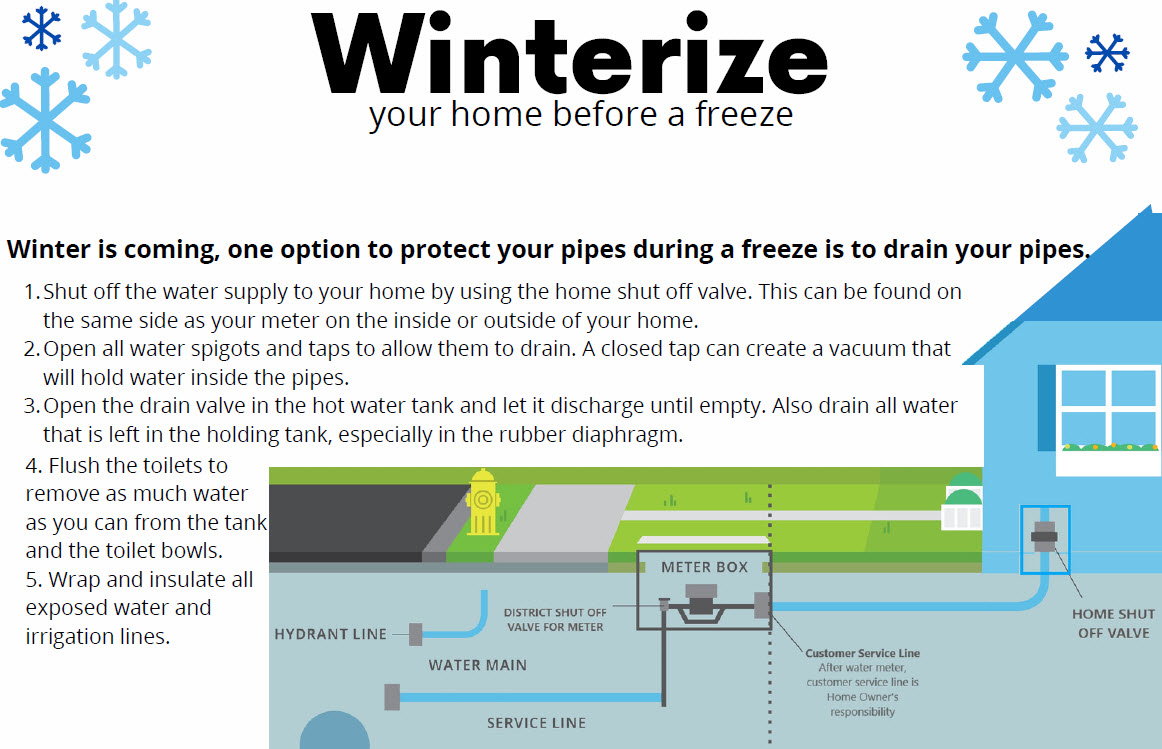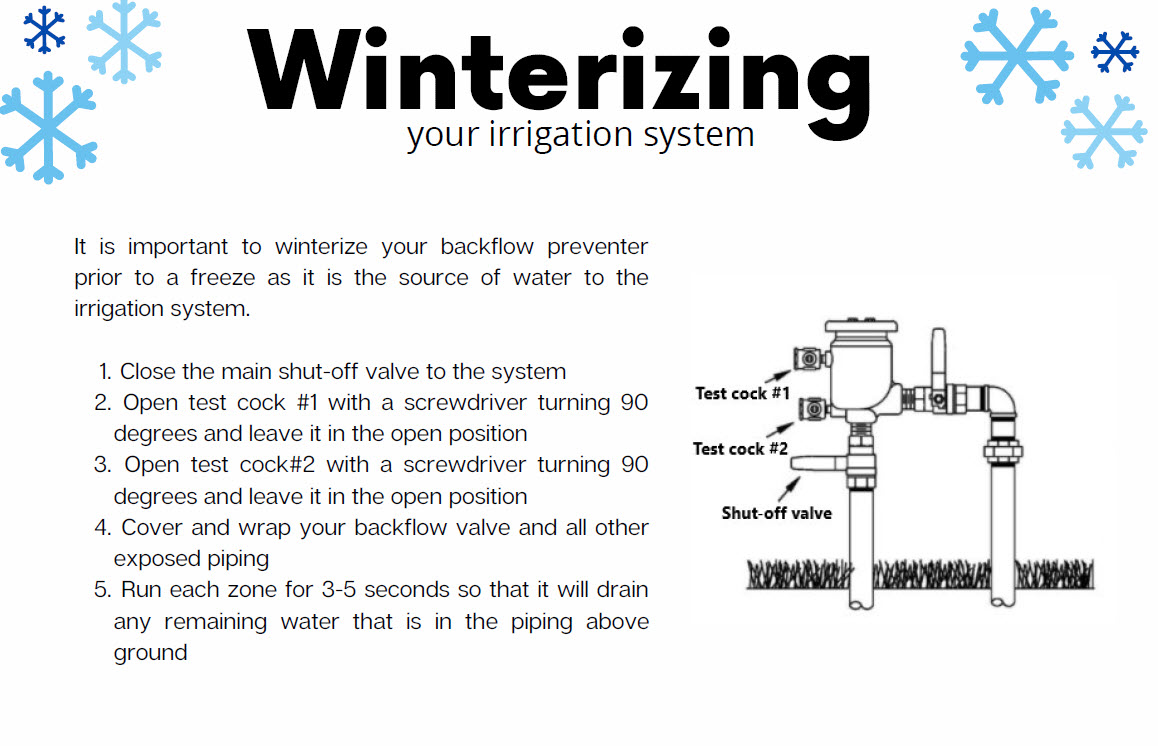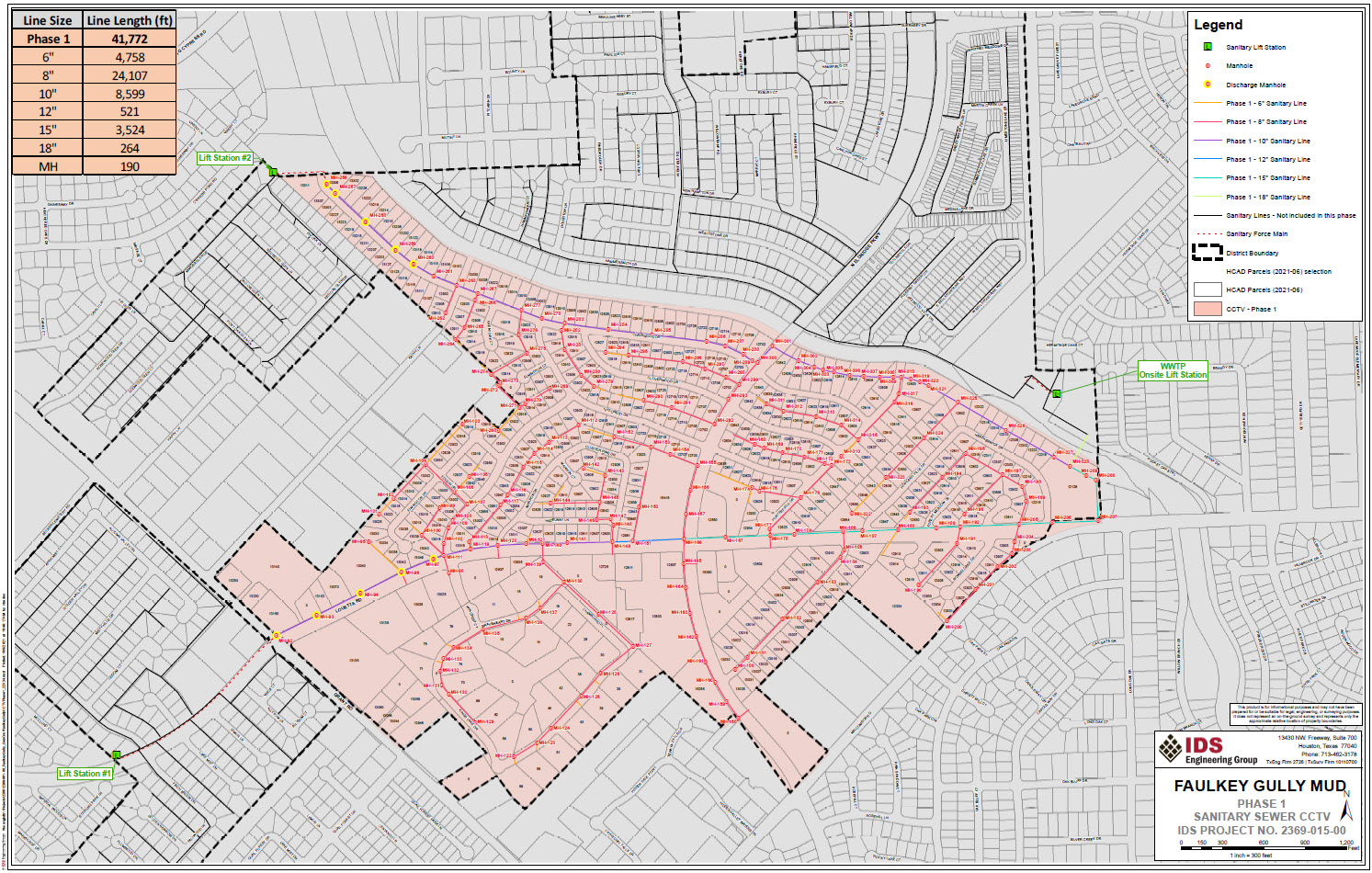Preparing for a Freeze
What is a Hard Freeze?
A hard freeze is a temperature under 30° for over eight hours. When water freezes, it expands. When the freeze ends, the result can be broken pipes, no water, a big repair bill and the cost for the lost water. Those are not the only expenses and source of aggravation. You may also have to replace carpet, flooring, sheetrock, furniture, and other possessions. Those are the immediate issues, but there can be latent damage as well. With galvanized pipe, the pipe may not burst, but expansion can occur separating the galvanizing from the pipe and creating an area for corrosion to start and ultimately create leaks.
During Winter Storm Uri, one of the more vulnerable spots for leaks and bursts were the irrigation systems on residential homes. Below are some basic tips as well as pictures and instructions for irrigation backflow preventors; additionally, residents are always encouraged to consult with a irrigation specialist or plumber.
The irrigation shut off valves and backflow device are one of the common issues that most residents deal with during an extended freeze.
- Turn off the shut-off valve. Most residential devices have two shut-off valves. These are typically covered in blue on the valve handles and located before and after the back flow device.
- Release the water pressure, with a screwdriver release the water from the bleeder valves. The bleeder valves are usually located under the top of the backflow device. If the water does not stop flowing, you may have not shut the valves off completely.
- Leave the smaller bleeder valve open, this will let the any remaining water in the line expand without breaking the device.
- Insulate your backflow device. Most hardware / home services stores carry backflow insulating supplies.
Attached are pictures of the actual device and insulation covers for backflow devices and faucets.
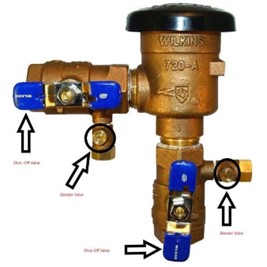
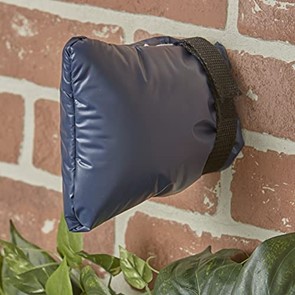
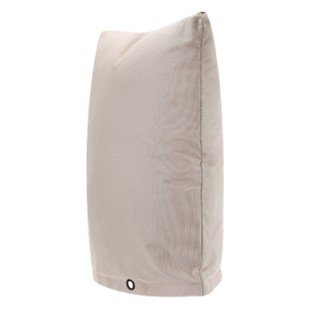
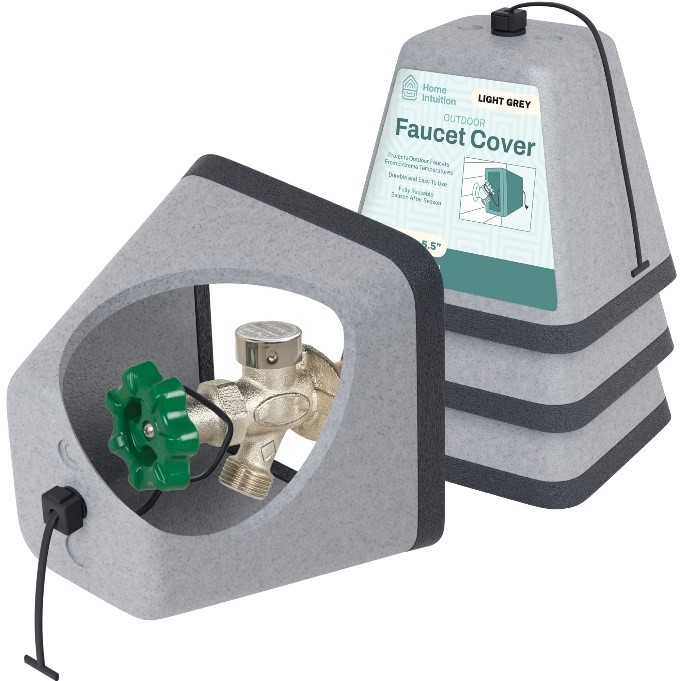
People
- Avoid going outside if it is not necessary. If you do, make sure you layer up from head to toe.
- To keep you and your family safe, it is imperative your home is warm.
- Make sure your heat is set to an appropriate temperature to make your entire home comfortable. Remember, heat rises so if you sleep upstairs, your room may be warmer than rooms downstairs.
- Never use your stove or oven to heat your home.
- If you smell smoke or see flames, call 9-1-1 immediately.
Pets
- While protecting your family, it is imperative to protect your pets as well.
- Pets, like humans, are vulnerable to cold temperatures. If not taken care of properly, they can succumb to frostbite and even hypothermia.
- If you have a dog that typically lives outdoors, consider letting them inside when temperatures drop to freezing. While their fur does help to keep them warm, it provides little help in freezing temperatures.
- If you absolutely cannot bring them inside, make sure they have a warm shelter, plenty of food and fresh water so it does not freeze.
- If your pet looks like it has any symptoms resembling frostbite or hypothermia, call your vet.
Pipes
- All garden hoses should be disconnected from outside spigots.
- Make sure to cover all your exposed pipes with a cover. You can also cover your pipes with towels, duct tape or another adhesive strip as long as they are wrapped tightly.
- Let your faucets drip throughout the day to keep them from freezing.
- You should also open up the cabinets to let warm air circulate throughout your home. Just make sure any harmful chemicals are out of reach for children and pets.
Plants
- When cold weather hits, it’s a good idea to bring in all of your outdoor plants.
- If you can’t bring in the plant, cover it with a blanket to make sure they do not die.
Additionally, there are a few vehicle-safety tips to observe during winter weather:
- Keep vehicle gas tanks full
- Have tire pressures checked
- Keep a phone charger, first aid kit, blankets, and jumper cables in personal vehicles
- Check local road conditions at www.houstontranstar.org. State highway information is also available at www.drivetexas.org.
Lastly, here are some safety tips recommended by local Fire Departments regarding space heaters and other supplemental heating sources:
- If you use a space heater, make sure to keep it away from anything that may be flammable including curtains, indoor plants, bedding, etc. Also, do not keep it running overnight and do not
keep it running in an unoccupied room. Always turn off space heaters when leaving the room and/or going to sleep - Do not power space heaters with extension cords or power strips; do not use power strips or extension cords as an alternative for permanent wiring
- Never leave a space heater unattended, or a child unattended with a space heater
- Keep all combustible materials (and people) at least three (3) feet away from space heaters
- If you use a fireplace, make sure you have a screen to catch any embers that might escape or a rolling log.
- Never overload outlets or breakers
Share these tips to neighborhood social media outlets; Facebook, Nextdoor, and Twitter shares can help neighbors see these tips before the holiday weekend. Stay safe and warm!


